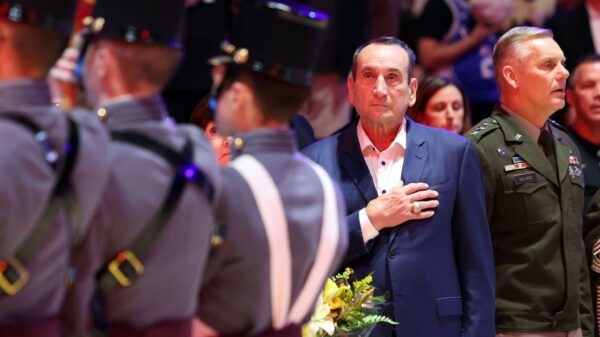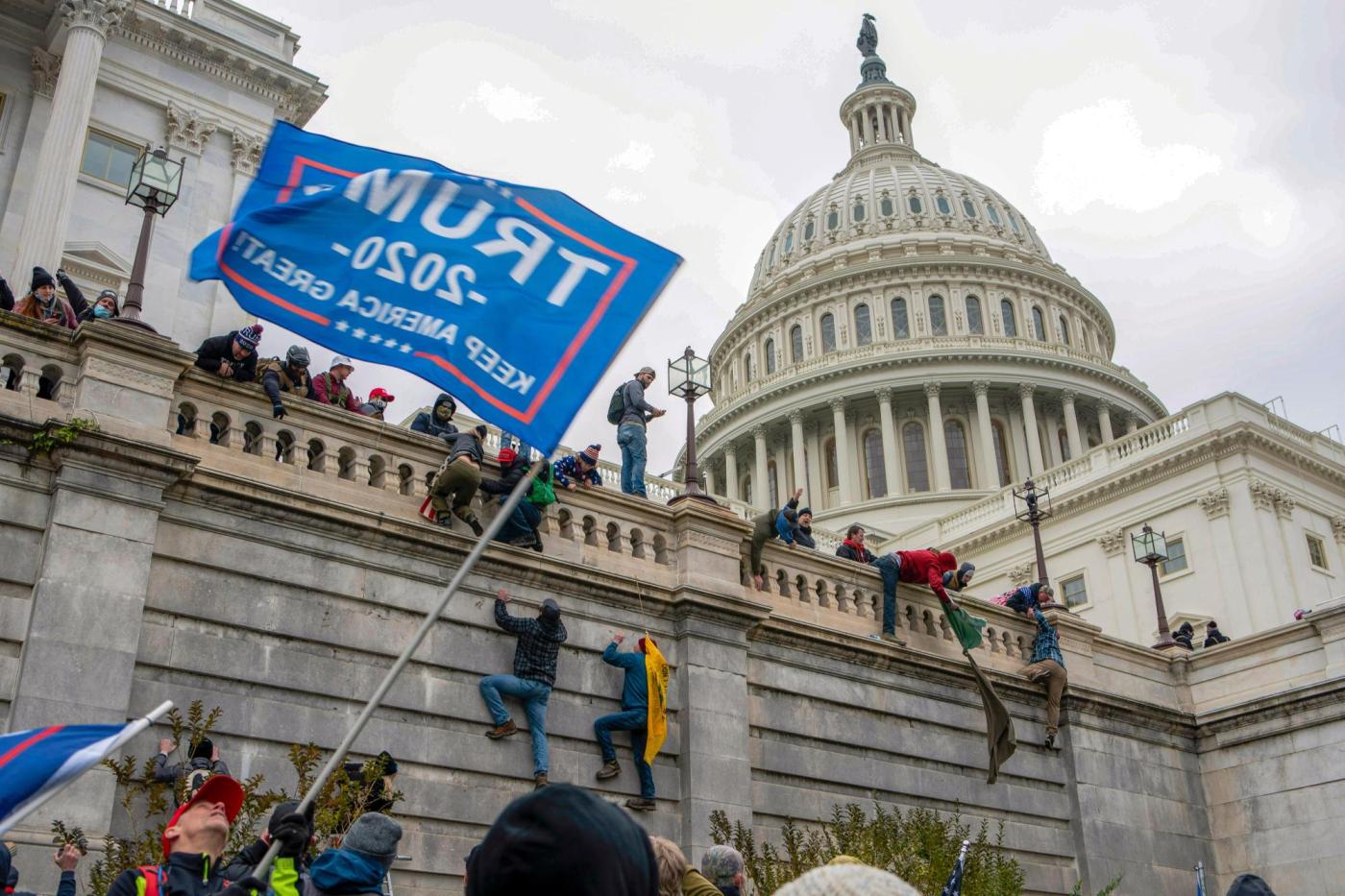A recent decision to grant military funeral honors to Ashli Babbitt has sparked significant backlash, particularly among veterans. Retired Air Force Major Theodore B. Purvis III publicly expressed his outrage regarding the Under Secretary of the Air Force, Matthew Lohmeier, who sanctioned this honor. Babbitt, who was fatally shot during the January 6, 2021, Capitol breach, is viewed by many as having undermined the Constitution rather than defending it.
Purvis, who served for 23 years, argues that military honors should be reserved for those who have upheld their oaths and served honorably. He states, “Babbitt died, not in defense of the Constitution, but while attacking it.” He contends that bestowing military honors on someone who participated in an insurrection is an affront to every veteran who has sacrificed for the nation. He believes this decision diminishes the significance of military honors and disrespects those who have faithfully served.
In a letter to the editor, Purvis criticized Lohmeier, suggesting that the decision exposes a betrayal to those who honor their service. He added that the act of draping a flag and playing “Taps” for Babbitt is an insult to veterans, particularly those who paid the ultimate price in service to their country.
The debate surrounding Babbitt’s honors has highlighted broader discussions about patriotism and the legacy of the January 6 Capitol riots. Many veterans and citizens express concern that honoring Babbitt in this manner could lead to a redefinition of what constitutes honorable service.
Political Perspectives on Representation
Amidst this controversy, political representatives in Virginia are also addressing their roles and responsibilities. Delegate Amanda Batten, who represents the 71st District in the Virginia House of Delegates, has received praise for her engagement with constituents. Supporters describe her as honorable, honest, and helpful, emphasizing her dedication to understanding the needs of her district.
Batten’s approach involves walking through her district, listening to voters, and advocating for their interests in Richmond. Her commitment to transparency is evident as she reports back on legislative successes and challenges, earning her trust among constituents. Her experience working for a senator and two delegates prior to running for office has also been highlighted as a crucial factor in her effectiveness.
In a separate communication, Cathy Combs provided insights into former U.S. Representative Abigail Spanberger’s record, shedding light on her positions on key issues. Spanberger is noted for her support of repealing the car tax, a move aimed at easing financial burdens for Virginians. On reproductive rights, she advocates for a balanced approach, supporting women’s autonomy while also recognizing the complexities surrounding late-term abortions.
Spanberger’s commitment to LGBTQ+ rights includes support for marriage equality and protections against discrimination. On immigration, she endorses bipartisan reforms that enhance border security while fairly addressing the needs of immigrant communities. Her legislative agenda reflects a focus on climate change, emphasizing responsible measures to protect Virginia’s environment.
As these discussions unfold, the varying perspectives on military honors and political representation illustrate the complexities of American values and priorities. The reactions to Babbitt’s funeral honors and the political landscape in Virginia highlight the ongoing dialogue about service, sacrifice, and representation in a diverse society.





































































